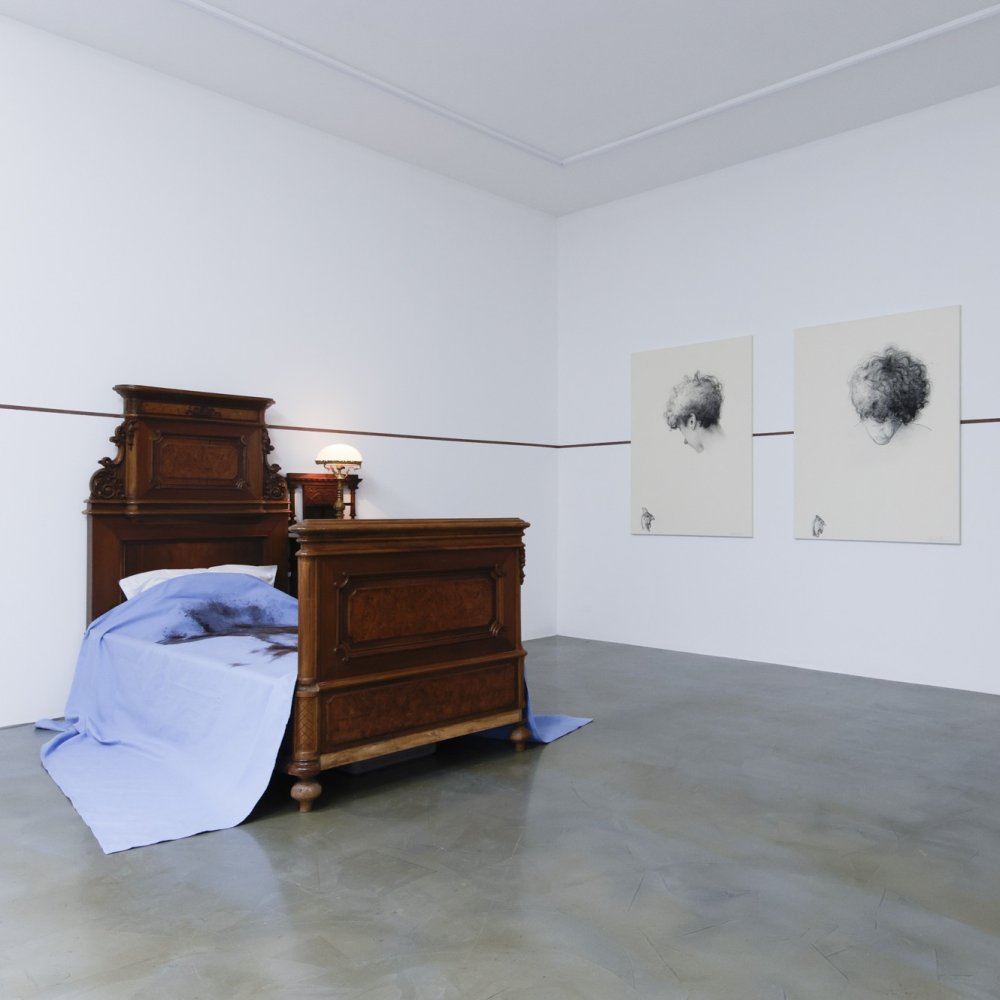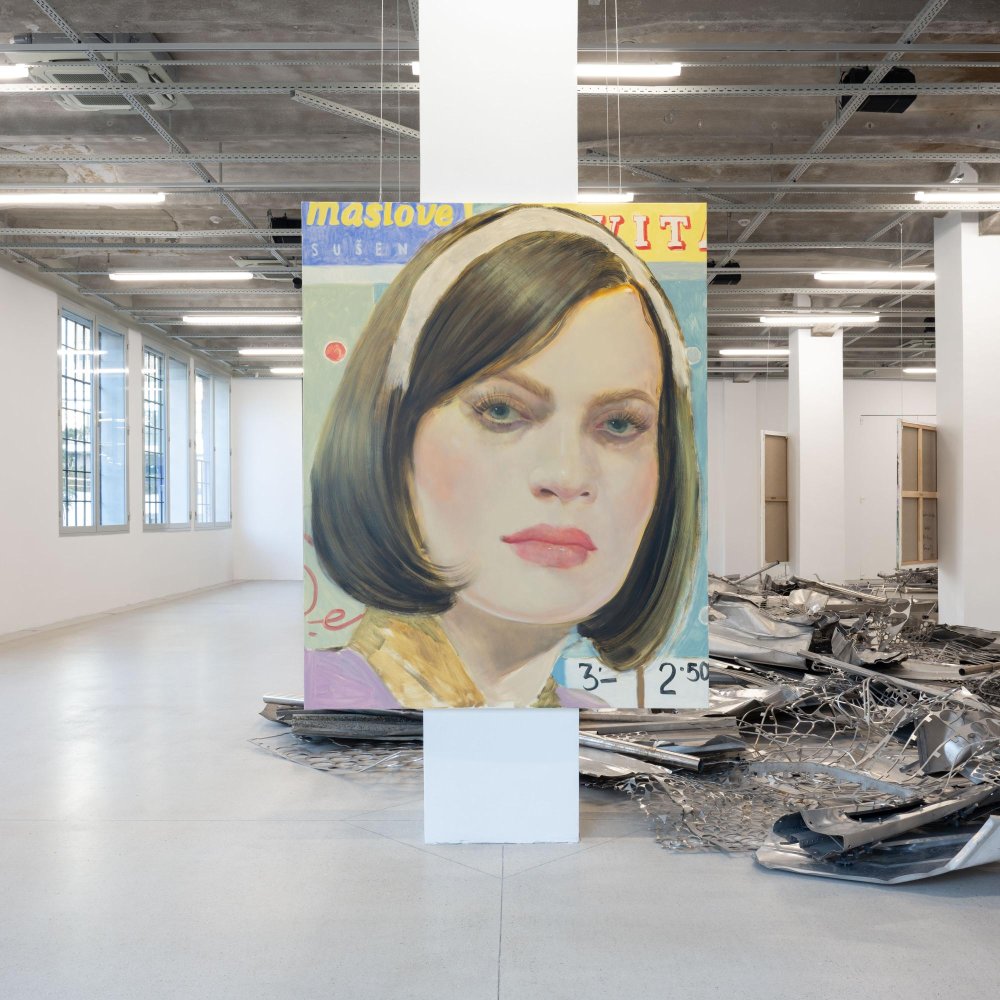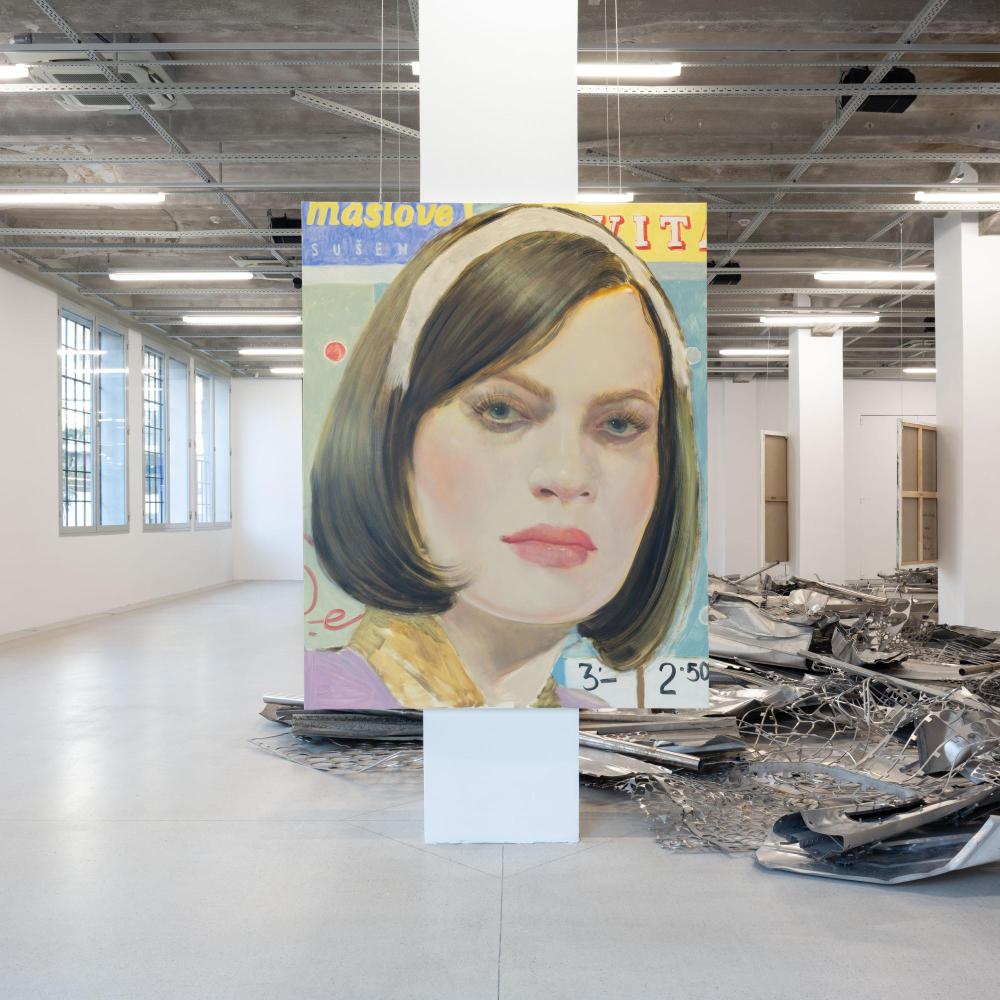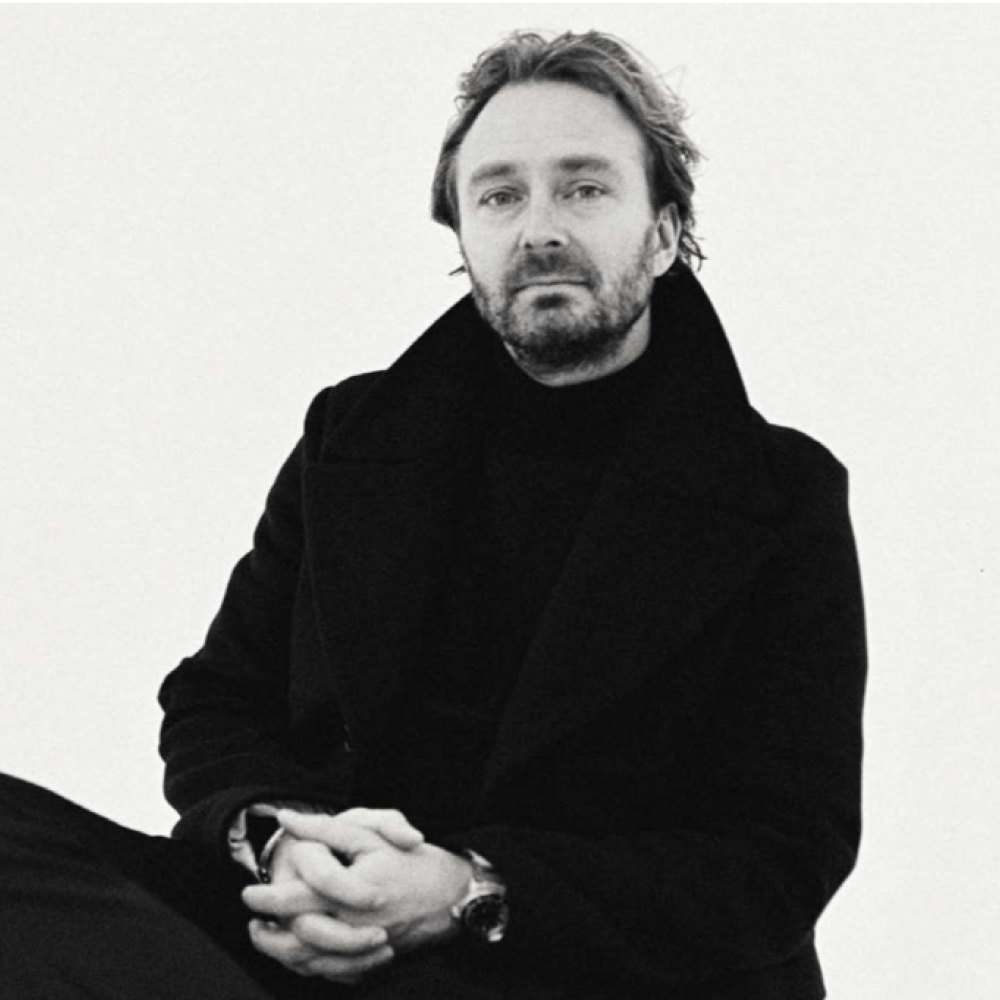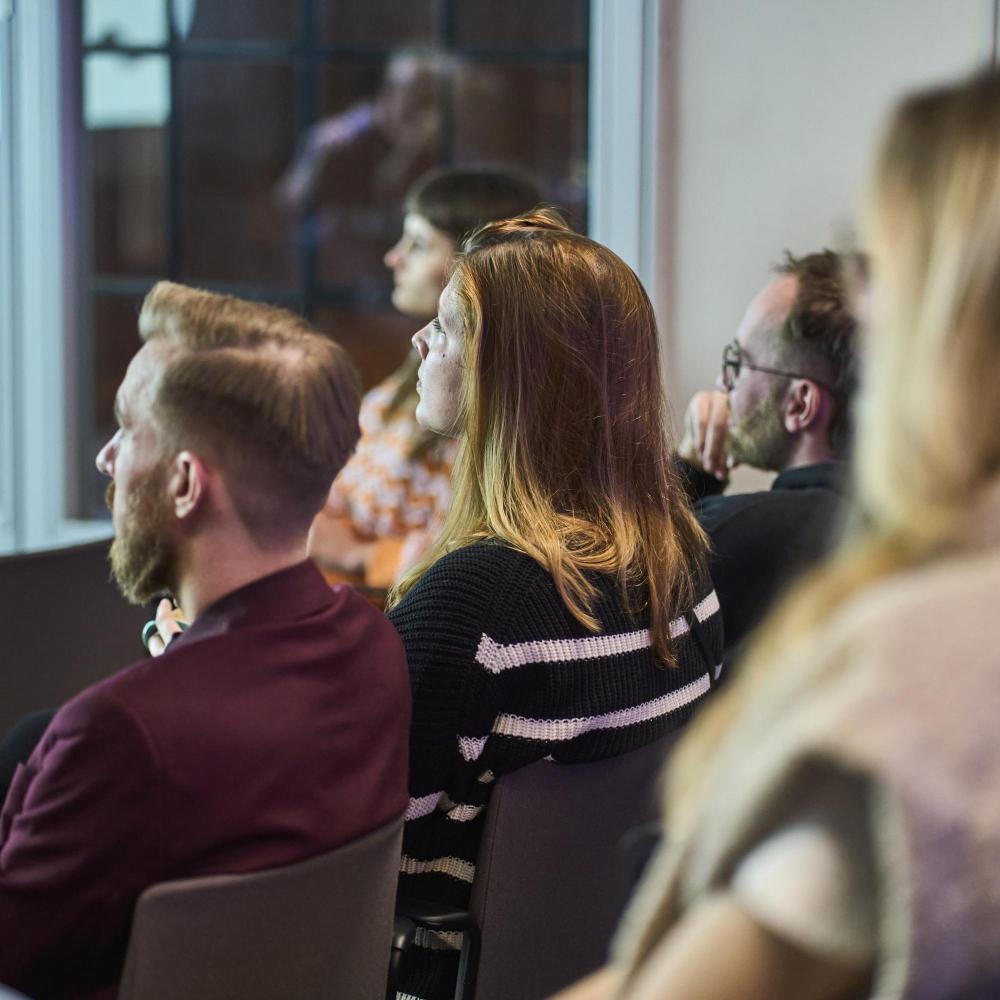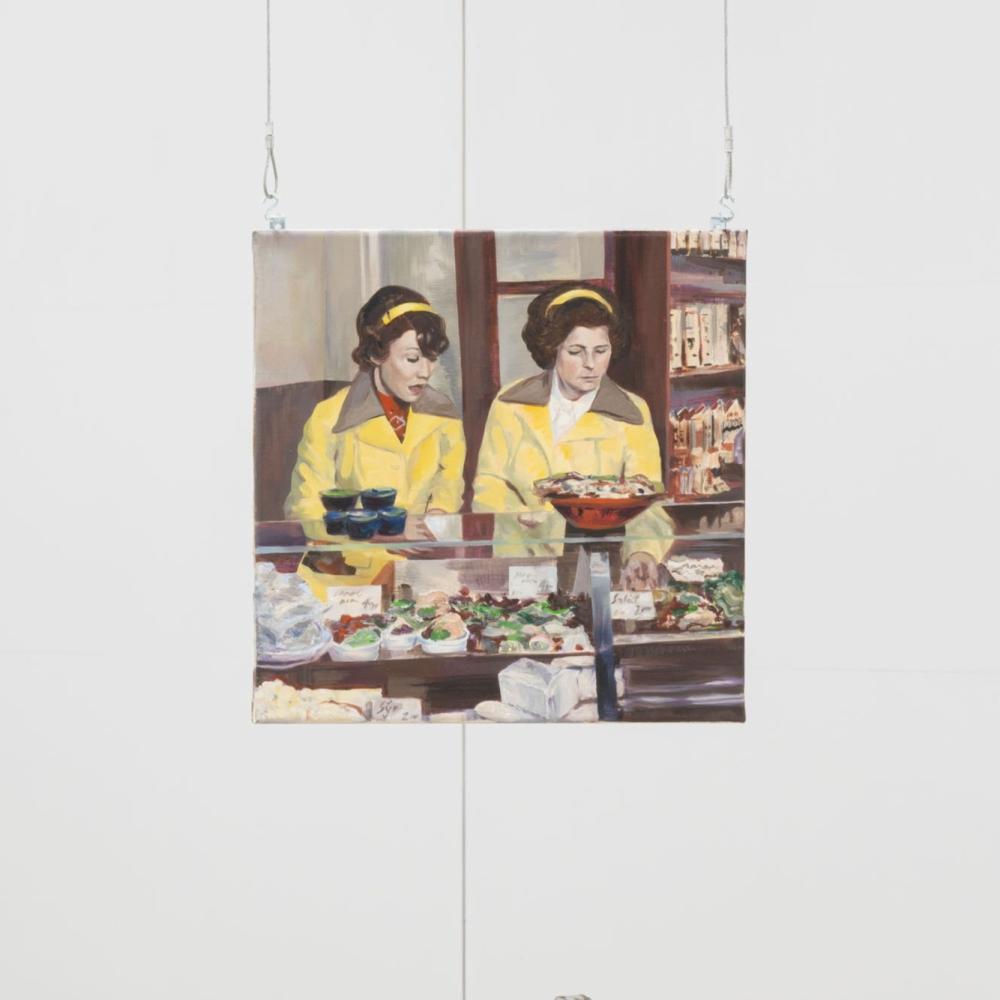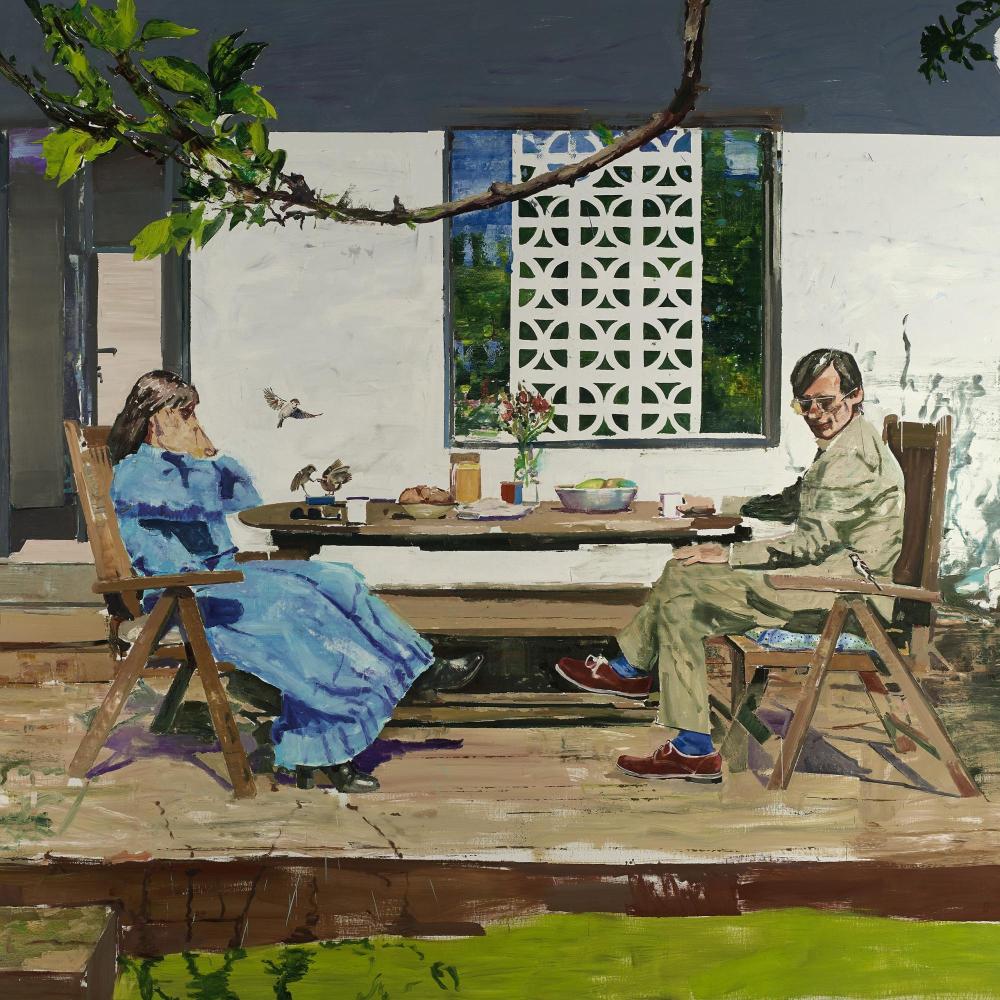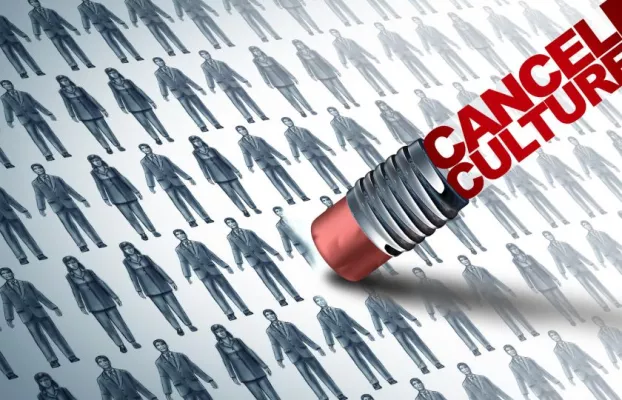
In the autumn of 2017, information began to leak out that Hollywood producer Harvey Weinstein had long abused his power and committed sexual violence against women. These allegations triggered an avalanche known as the Weinstein Effect and gave rise to the #MeToo movement. Within a year, the movement's campaign had deprived 200 prominent businessmen, not just in the film industry, of positions of influence.
Director Woody Allen, the father of Ronan Farrow (who would eventually win a Pulitzer Prize for exposing the Weinstein affair), lets it be known that he fears the producer's affair will set off a witch hunt "where every man who blinks at a woman in the office will have to defend himself against the accusation." He then defends himself from similar accusations just a few years later, when the HBO documentary series "Allen vs. Farrow" reopens the 30-year-old question of whether Woody Allen sexually abused his then seven-year-old daughter Dylan. Just days after Farrow's investigative piece on the Weinstein case appears in the New York Times, Buzzfeed publishes actor Anthony Rapp's testimony about being abused as a 14-year-old boy by Oscar-winning actor Kevin Spacey.
Since then, a number of other cases have surfaced that have not only been linked to violence against women and men, but to a host of other controversial issues such as racism, homophobia, transphobia, and have led to the social and professional separation of the individuals involved in these cases. It is not surprising that opposition voices defending freedom of artistic expression, the independence of art from politics, tolerance and open debate in public space, and last but not least the need to respect the presumption of innocence, began to gain strength.
The peak of this wave can be seen in the publication of an open letter in Harper's magazine, in which contemporary thinkers and celebrities denounced the so-called "cancel culture", i.e. the culture of cancellation. However, the debate on the subject continues to swirl in social circles, filling newspaper pages and courtrooms.
The successes of the #MeToo movement have inspired many women to be unafraid and courageous in speaking out about their traumas. A number of cases have shown us how widespread a problem abuse is in society and have resulted in legislative changes in many states in the United States. Yet, as seen in one of the most recent cases - Amber Heard vs. Johnny Depp - it seems as though society is already more vigilant. Is the rudder of the times turning? Is the outcome of the Depp-Heard feud, as the actress herself lets it be heard, a step back to a time when a woman could be publicly humiliated for speaking out and when violence against women was downplayed? Or is it a victory for truth and proof that in a democratic society where there is freedom of speech and the associated accountability for it and its impact, protection will always be afforded to victims, whether they are victims of acts of violence or of defamation?
What is behind so many such cases? Is there a kind of self-destructive desire for violence lurking in our subconscious that makes us so fascinated by gory horror films, murder mysteries and that has led generations to read Burgess's A Clockwork Orange of senseless violence again and again? What is it about these things that fascinates us? Is it the same fascination that attracts violent characters to this kind of art, or do we just put these artists in roles that our unconscious self would like to see them in? Is the film industry so dominated by men who crave domination and subjugation, or are journalists just pushed to create exaggerated headlines in pursuit of the mammon of increased readership? Where is the truth and do we ever have a chance to get it?
With no ambition to claim a monopoly on truth, or to judge "abolished artists" at all, we decided to dedicate our August summer cinema screenings to a small-scale renewal of abolished culture. After all, our country had experience with "banned art" long before the so-called "cancel culture" was discussed in society. After all, as the ambiguous approach of Hollywood studios to these issues suggests, the only one whose acceptance or condemnation of a given work matters is the viewer. And whether or not they do so in the context of the political and social context of the times and the artists involved is ultimately not that important.
We at the Telegraph see it as essential to disassociate films as distinct works of art from their sometimes dubious creators. Thus, the August selection of summer cinema screenings is cancel culture through and through. From producer, to director, to writer, to lead and supporting actor. Film, in short, is an artistic medium that emerges from the fusion of the collective efforts of dozens, sometimes hundreds of people, and as we know, the bigger your basket of apples, the more likely you are to find rotten pieces in it.
We begin with a project from the work of the convicted and rightly condemned producer Weinstein, the cult film by the aforementioned director Quentin Tarantino, INGLOURIOUS BASTERDS. Weinstein had produced his films since their early days in the 1990s, but Tarantino backed away from the collaboration after the incriminating scandals became public, and in the ensuing interviews with journalists he regularly sprinkled ashes on his head for not acting, despite having "heard a lot of things". There were, unfortunately, many such people in the film industry... A story of Jewish revenge for the crimes of World War II, it thankfully stands apart from this issue and remains one of the most original and best films of the first decade of the twentieth century.
The second film, MIDNIGHT IN PARIS, is marked by its dreaminess and love of the early 20th century era and art, but carries the stigma of its creator, Woody Allen. It must be said, however, that Allen's name had already been cleared in court, and it was only the emergence of the #MeToo cause that made the story attractive again, as did the aforementioned documentary series. Allen's romantic comedy about Owen Wilson's journey back in time to a Paris populated by Hemingway, Stein, Fitzgerald and Dali is brimming with a pleasing nostalgia for "better times."
The last two films couldn't be more different in genre and targeting, but they are united by the fact of casting world-famous actors, and that "cancellation" has befallen them both, albeit in different circumstances. First, the award-winning Johnny Depp will return as Willy Wonka from Tim Burton's colourful family musical CHARLIE AND THE CHOCOLATE FACTORY. Finally, the selection of films is rounded off by David Fincher's excellent mystery crime thriller SEDM, where Kevin Spacey, a chameleon of an actor with a now completely aborted career, portrays the character of a killer who accuses his victims of committing each of the seven deadly sins. Oh the irony of fate.
By Kvido Lotrek
